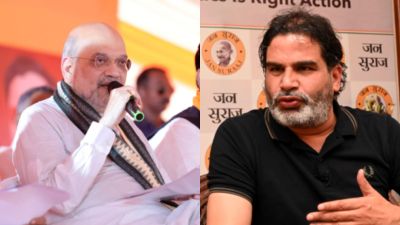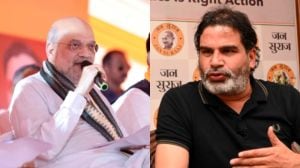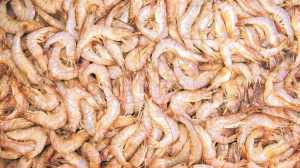New China hierarchy may limit President’s power
After intensive bargaining, China’s Communist Party has approved a new leadership lineup that denies President Hu Jintao...

After intensive bargaining, China’s Communist Party has approved a new leadership lineup that denies President Hu Jintao the decisive consolidation of power that his supporters hoped would allow him to govern more assertively in his final five-year term as China’s top leader.
The party’s Central Committee agreed to elevate four senior officials to the ruling Politburo Standing Committee, but only one of them, Li Keqiang, the party secretary of Liaoning Province, clearly owed his rise in the hierarchy to Hu’s patronage, people told about the results of a Central Committee meeting said on Friday.
Xi Jinping, the party boss of Shanghai, is also expected to join the Standing Committee. He would outrank Li and become the most likely successor to Hu as party chief, head of state and top military official in 2012, the people said.
Xi, whose father was a senior party official under Mao, is viewed as a compromise choice, acceptable to Hu but also to his now-retired predecessor as top leader, Jiang Zemin, who party officials say exercised broad sway over the reshuffling. Xi moved to Shanghai from Zhejiang Province just six months ago to replace the now disgraced Chen Liangyu, who was ousted in China’s biggest corruption scandal of the past decade.
Two other new members of the Standing Committee, He Guoqiang, a party organization official, and Zhou Yongkang, China’s top law enforcement officer, are widely viewed as close allies of China’s vice president, Zeng Qinghong, who will step down from the Standing Committee.
Personnel shifts in the ruling party are decided in secret, and the final leadership lineup will not be made public until the conclusion of a party congress, which begins on Monday. The Central Committee issued a public statement on Friday that offered no information about personnel decisions but praised Hu lavishly.





- 01
- 02
- 03
- 04
- 05


























